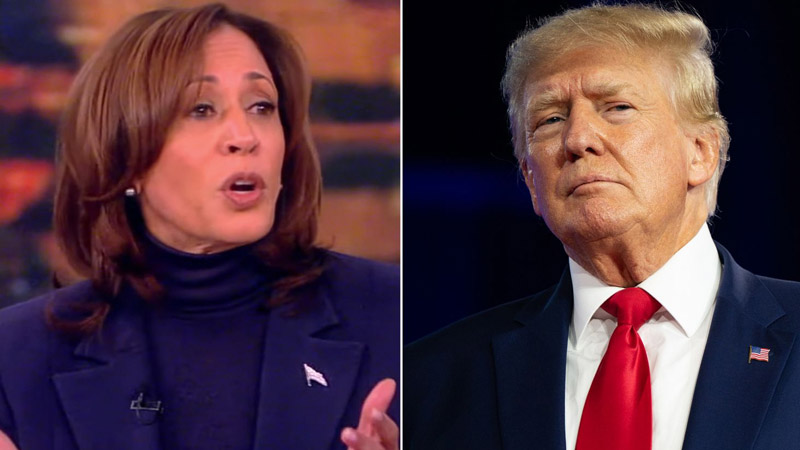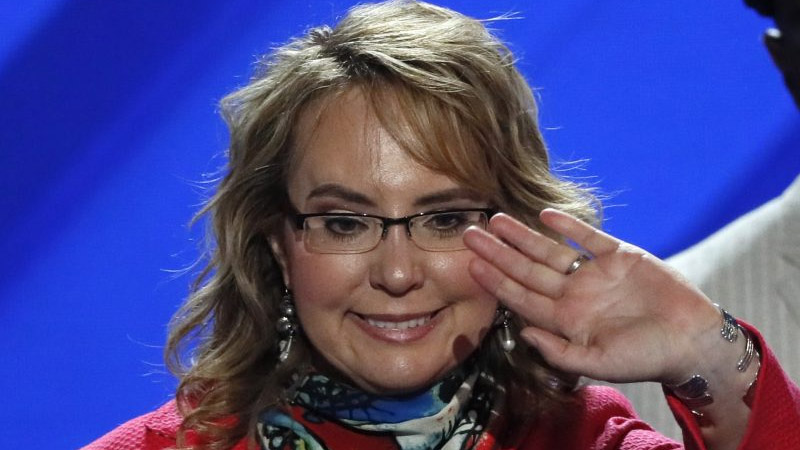Election Heats Up Over Future of Social Security and Medicare Amid Intense Debate, Vice President Harris Claims

ABC; BRANDON BELL/GETTY IMAGES
As the election draws near, a pivotal issue capturing the national discourse is the future of Social Security and Medicare, two foundational pillars of the American social safety net. The debate has grown increasingly fervent, with some accusing Donald Trump and certain Republicans, particularly those affiliated with the MAGA movement, of advocating for reductions to these critical programs. Conversely, President Joe Biden and his vice-presidential partner are vocal about their commitment to not only safeguard but also augment these programs, aiming to guarantee a secure and respectable retirement for the elderly population.
Vice President Kamala Harris, in a recent X post dated Thursday, February 8, 2024, highlighted the indispensable role that Social Security and Medicare play in supporting countless Americans, especially the elderly who have dedicated their lives to the workforce. The mere notion of diminishing these benefits has sparked widespread apprehension regarding the financial and healthcare security of seniors during their retirement years.
The stance of the Trump administration and some Republican party segments on Social Security and Medicare has come under intense scrutiny. There is a growing concern that their proposed fiscal policies and adjustments might compromise the endurance of these programs, thereby exposing seniors to potential economic hardship and restricted healthcare access.
In stark contrast, the Democratic contenders, President Joe Biden and his running mate, are ardently advocating for the reinforcement and expansion of Social Security and Medicare. Their campaign narrative is built around the pledge to ensure a comfortable and honorable retirement for the senior demographic, with a focus on not just preserving the existing benefits but also on identifying opportunities to improve these programs to better serve the aging American populace.
Since its inception in 1935, Social Security has served as a critical financial backstop for retirees, disabled individuals, and surviving family members, becoming an integral component of retirement planning for many. Medicare, established in 1965, offers vital medical coverage to those aged 65 and above. Collectively, these programs have dramatically enhanced the post-retirement life quality for senior citizens nationwide.
The debate over the Trump administration’s policy intentions toward Social Security and Medicare continues to be a hot-button issue. Despite assurances from Trump about his commitment to protecting these programs, skeptics point to proposed budgetary cuts and policy reforms that they believe could threaten their long-term sustainability. The concerns predominantly revolve around potential reductions in benefits or alterations to the eligibility criteria, which could impose additional hardships on seniors already contending with retirement challenges.
On the opposite end of the spectrum, President Biden and his vice-presidential candidate are emphasizing their dedication to fortifying Social Security and Medicare. Their campaign underscores the urgency to confront and mitigate the financial strains these programs face, advocating for measures such as increasing the payroll tax cap on higher earners to secure Social Security’s fiscal future.
The diverging viewpoints on this issue reflect a broader debate over the nation’s core values, particularly regarding the treatment and welfare of its elderly citizens. Advocates for safeguarding Social Security and Medicare view these programs as a societal pledge to ensure that seniors can retire in dignity and access necessary medical care. Conversely, proponents of cuts emphasize the need for fiscal prudence and the sustainability of these programs.
As the electorate prepares to cast their votes, the direction in which Social Security and Medicare will head hangs in the balance. The electoral outcome will decisively influence whether these programs will undergo reductions and scaling back or whether they will see enhancements and strengthening, thereby securing a stable and dignified retirement for future generations.


